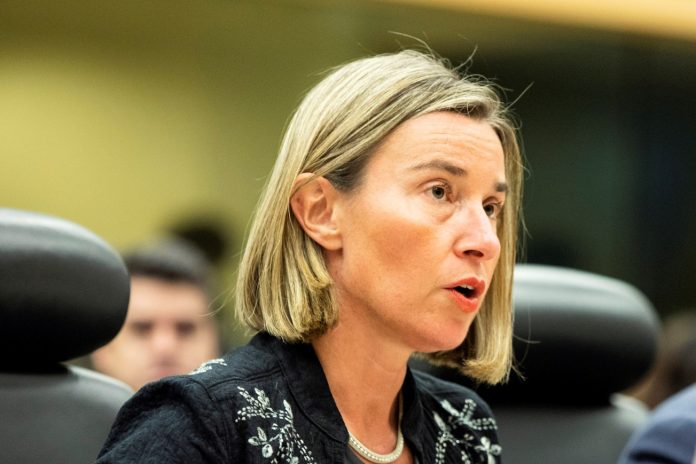It is not easy nowadays for the European Union to agree on common statements on the fast-moving foreign crises. According to diplomats, this is largely due to the rise to power of anti-EU populists in some of the member states.
For instance, at the end of a foreign ministers meeting earlier this week, which followed days of negotiations, EU states had still failed to agree no less than three foreign policy statements — on Venezuela, Arab ties and Russian violations of a missile treaty.
As reported by the Reuters news agency, only a statement on Iran finally won approval, it was repeatedly held up in the preceding weeks over the wording of a single paragraph.
“We do have trouble in the engine room,” one EU envoy was quoted as saying by Reuters.
“We work Friday night, throughout the weekend, have endless sessions on these documents and then, on Monday night, someone still comes in and vetoes,” another diplomat was quoted as saying.
Reuters note that despite the energetic public profile of the EU’s foreign policy chief Federica Mogherini, attempts to agree a position on areas ranging from the South China Sea dispute to Israel and the Palestinians have unravelled at the last minute.
Such divisions have also hampered the EU from quickly imposing economic sanctions for rights abuses, as the United States often does, diplomats say.
The looming European Parliament elections, scheduled for May, could be worsening the situation. What is more, Britain is distracted by its planned exit from the EU next month and populists in power in Italy, the Franco-German alliance that has underpinned EU integration is not always enough.

